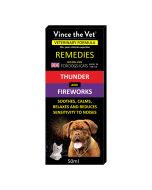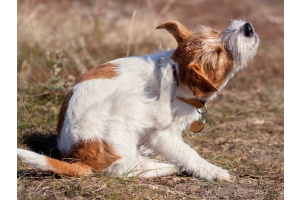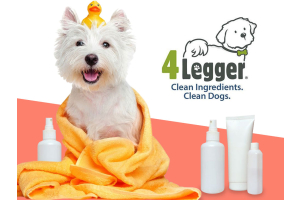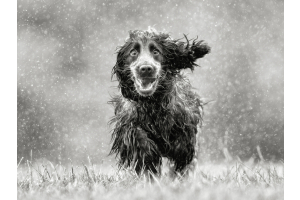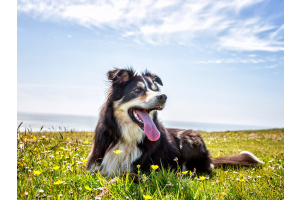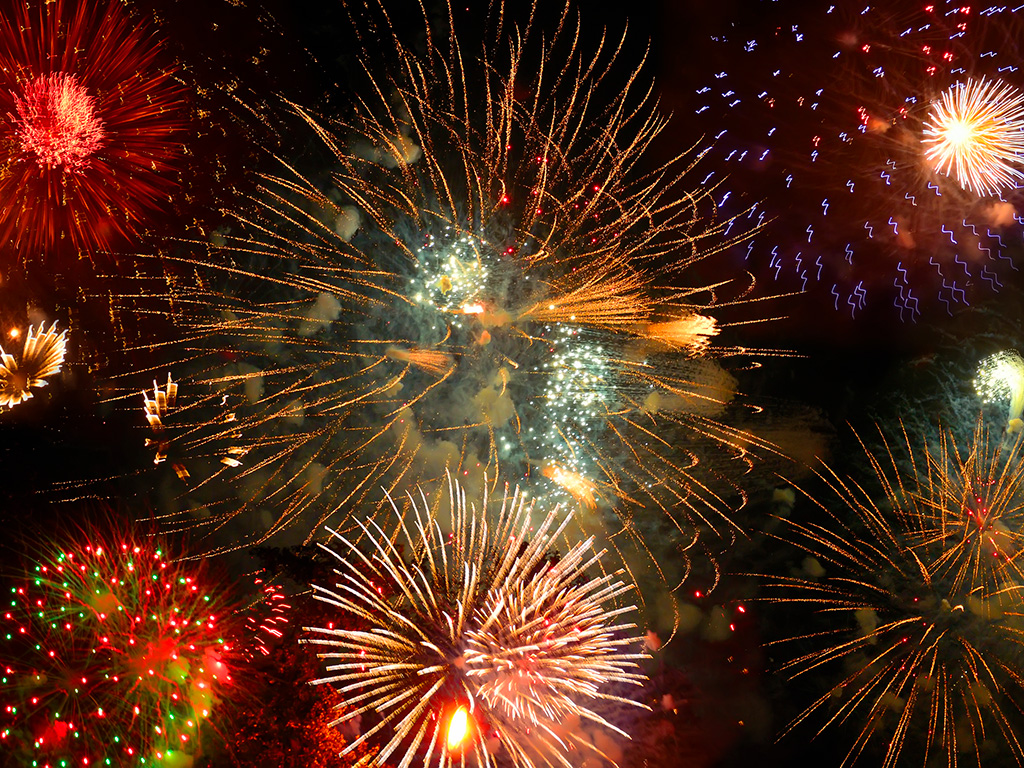
Fireworks can be a source of fear for many animals with their loud bangs and flashes. Here are some tips to help your pets stay calm this Bonfire Night.
It's estimated that 45% of dogs in the UK show signs of fear when they hear fireworks. It doesn’t have to be that way though - so don’t ignore the problem. There are many things you can do to help your pet deal with fireworks and by preparing in advance, your pet will be better able to cope with those noises.
- Keep your cats and dogs indoors. If your cat is normally out during the day and doesn’t return until dusk, consider whether you should keep them in all day, to avoid them being frightened by early fireworks.
- Make sure if you have a cat flap this closed to stop your pets escaping
- Walk your dog mid-afternoon or at dusk before there is any chance of fireworks starting.
- Bring your pet’s feeding time forward by around an hour to settle them earlier than usual, without hugely interrupting the normal routine. Pets may also be too anxious to eat once the fireworks start
- Put the radio or TV on (maybe turning it up slightly) as a source of distraction and to help drown out the noises outside. Prior to the time get your pet used to the noise by playing, at a low volume, whilst your pet plays or eats dinner, the sounds of fireworks (available on CD, You Tube, internet) so your pets can get accustomed to this noise. You may want to slowly increase the volume over a few days or weeks. However if your animal is very distressed by the noises, it is suggested that you visit seek help from an animal behaviourist, so speak to your vet. See: thekennelclub.org.uk/kcai.
- Create a safe haven for your pets where they can feel calm. Ensure windows are shut and close the curtains to reduce the sounds and to block out the flashing lights of the fireworks. Consider putting something like a blanket at the bottom of doors to block the sound and vibrations out. If you are using a crate, place it on top of blankets as well as draping one over the top.
- Consider making a den for your dog. If the den is prepared in advance they can get used it ahead of the fireworks and recognise it as a safe place to be. Add treats, toys and a bowl of water.
- Let your dog have a piece of clothing or something with your scent on, so they feel secure
- Be prepared to stay with them. Be reassuring but don’t over fuss or punish your pet when scared as this may create a bigger problem in the future
- Provide extra tasty food and treats. Feed your pet with their favourite food.
- Have their favourite toys around for them to play with. Play your pets favourite games but don’t force them to play
- Keep your dog distracted by giving them activities to tire and distract them. Try a puzzle toy with treats or Lick Mats from LickiMats or West Paw. More information can be found in our BLOG.
- Make sure the water bowl is full as anxious dogs pant and have increased thirst
- Don’t tell your dog off as that will increase stress levels
- NEVER take your dog to a firework event or leave them outside.
- On the day itself try and behave as normally as possible as dogs know when their routine has changed and this may add to stress of the evening! Stay calm (and happy) yourself and ignore the firework noises. If you are worrying, your pet may pick up on this.
- Find out whether any neighbours are planning to set fireworks off
- Make sure your dog has their collar and ID tags on to allow for a safe return in case they get spooked and run away.
Consider herbal supplementation
We sell a wide range of calming supplements and our full range of products can be viewed HERE
But highlights of products include: Dorwest Scullcap & Valerian, Dorwest Valerian Compound, Vince the Vet Thunder & Fireworks, Proflax Calm & Collected, Diet’Dog Stress Relief Paste, or a natural calming spray such as Pet Remedy spray or a calming diffuser such as from Pet Remedy which contain valerian, vetiver, sweet basil and sage, with their de-stressing properties being slowly released into the surrounding area.
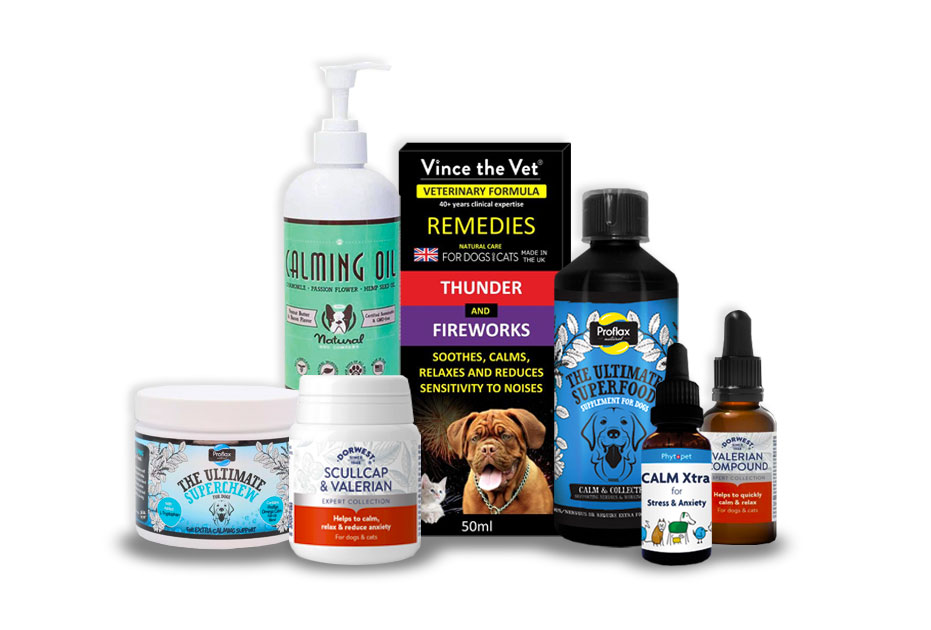
The key thing is to plan ahead to make sure your pet are safe. If you are particularly worried consult your Vet who can refer you to a professional animal behaviourist for help.
Dorwest have written a blog with a detailed plan when it comes to preparations for Bonfire night - read HERE
For even more information and top-tips for dealing with fireworks, please the visit the RSPA website: https://www.rspca.org.uk/adviceandwelfare/pets/general/fireworks
If you would like to discuss this article further, please do not hesitate to contact one of the team on: 01565 740 777
